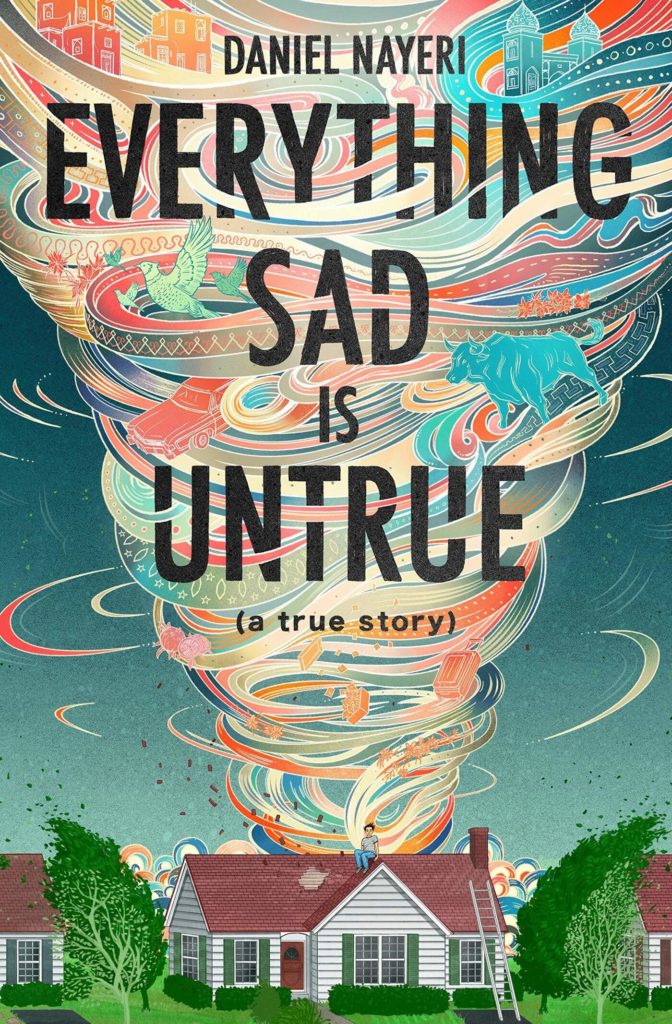I have a memory of Thanksgiving at my grandparents’ house. I may have been seven or eight years old. The living room is crowded with adults who are taking turns telling stories from their shared past. My cousin, Paul Ticer, launches into one about my Aunt Addie that leaves her laughing so hard she can hardly catch her breath. It’s the sort of thing our family did whenever we gathered: We sat together and told stories. For the adults, the retellings were a way of reinforcing the family bonds that held them all together. For us kids, these stories filled in the gaps in our understanding of who these people were and what they had experienced together.

Stories and memories are all that remain of our past. Stories—some of them true, some mythological—and memories—many of them fading away and distorted by the passage of time—root us. They have formed our identities, these memories. They are part of our heritage, these stories. When we retell them, we reconnect with what is true about us and the people we grew up with.
Daniel Nayeri grew up in Iran in a land steeped in legend and mythology, religious faith and religious strife. When he was still young, he, his sister, and mother had to flee the country to escape a death sentence imposed by the religious authorities. In his superb book, “Everything Sad is Untrue,” (published in 2020 by Levine Querido), Daniel Nayeri tells his readers the stories and memories of growing up in Iran, and then leaving it all to flee to Oklahoma as a refugee. Every word is true.
And now you think you know what this book is about, don’t you? It’s the heroic adventure of a family fleeing from one threat to another to find new life in America. It’s a Hallmark movie in the waiting.
And you would be so, so, wrong.
In reality, the story of a few refugees escaping persecution is only the skeletal framework of Mr. Nayeri’s beautiful and captivating story. What he has written is a call to each of us to remember the people and events from deep in our past who loved us, or hurt us, who formed us, and who taught us the lessons that became the truths that guide us as adults. This is a story soaked in the memories of a young child growing into adulthood, and it’s a call to us to look backwards and remember.
It’s important to look back. The present is happening so quickly and in such a frenzy that we risk becoming paralyzed or disoriented by anxiety or anger or despair. And yet, every one of us has a reference point in our past, a familial anchor of people and events and stories that can hold us tightly to things that are true, if we will take the time to remember them.
And what is true is not always happy, or pleasant, or easy to remember. But deep in the storehouses of our memories, even in the saddest memories, we may discover love if we look hard enough. And love, according to Nayeri, is the truest thing in the universe. Even in the most tragic of circumstances, we may discover in those memories a God who speaks and who listens and who was there for us. And a God who both speaks and listens, as young Daniel Nayeri discovers, is a God who loves.
“Everything Sad is Untrue” is a story unlike anything I’ve ever read before. It’s a story about growing up. It’s a story about the best and worst of being a member of a family. It’s a story about tradition, about friendship, about how culture shapes us and lives on through us. It’s about how much we each need love, and how hard it is to recognize it until we take the time to look back and remember.
Buy it. Read it. And may it give you the courage to look back and remember the people and the stories that have shaped and defined you.




Your review should be on the back cover of his book! You are a gifted writer.
As to his and your challenge, it feels to me that looking backward can be a bit dangerous. I like the fond memories that drift into my mind. But on closer inspection, I find myself more prone to being hurt by family history. Therefore, my inclination is to enjoy the passing fond memories as if I’m walking through a museum quickly. I feel like I would rather enjoy more pleasant time in the present.